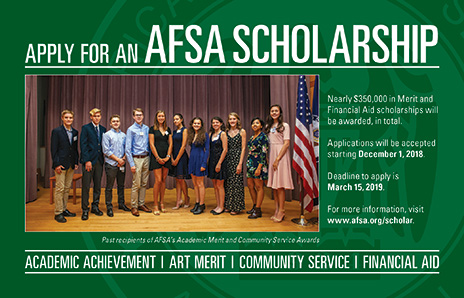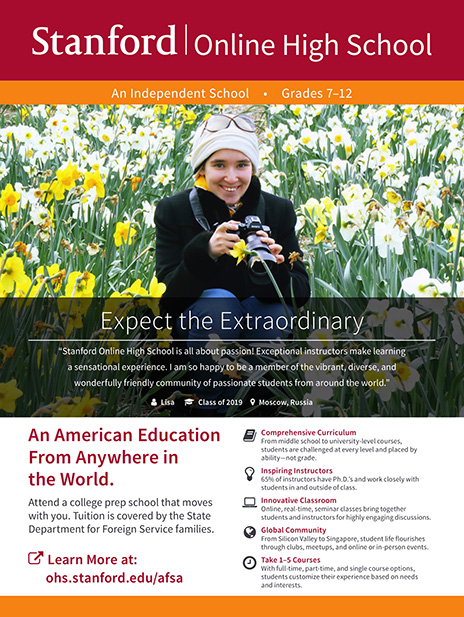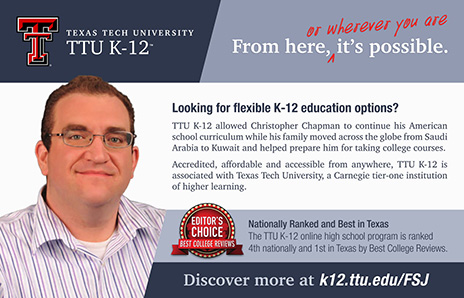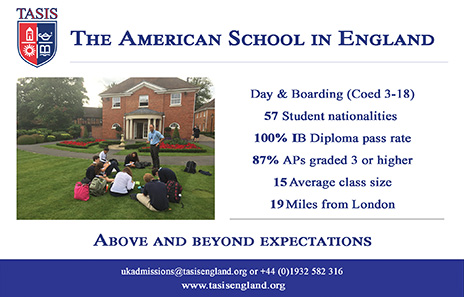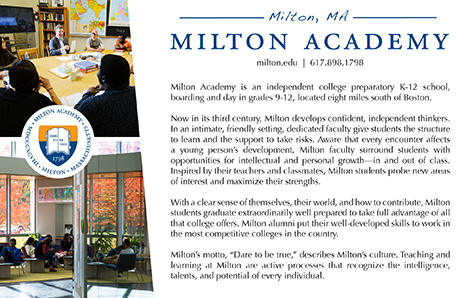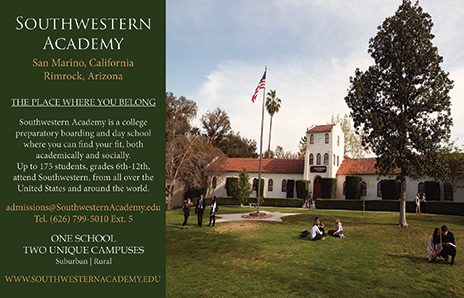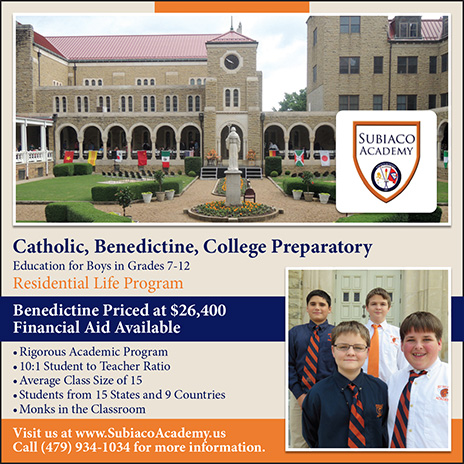Opportunities for Students
A selection of government programs for students interested in foreign policy and international affairs.
National Security Language Institute for Youth
Who: U.S. citizen high school students, ages 15-18, with minimum 2.5 GPA.
What: Opportunities to study less commonly taught languages in immersion programs abroad. Languages include Arabic, Mandarin Chinese, Hindi, Bahasa Indonesia, Korean, Tajiki Persian, Russian and Turkish.
When/Where: Summer or academic year/Selected countries worldwide.
How: Apply via www.nsliforyouth.org.
Funding: Travel, lodging with host families and language studies are funded.
Congress-Bundestag Youth Exchange for High School Students and Young Professionals, Germany
Who: High school students (ages 15-18), U.S. citizens, nationals and legal permanent residents, with minimum 3.0 GPA; graduating high school seniors and young professionals (ages 18-24), U.S. citizens, nationals and legal permanent residents, with relevant experience in their career fields (work, internship or volunteer).
What: Cultural exchange to study or intern in Germany. Meet with government officials while learning German language and culture. Live with a host family and make connections with State Department program alumni.
When/Where: Academic year/Germany (high school students); calendar year (graduating high school seniors and young professionals).
How: Apply via www.usagermanyscholarship.org/app (high school students) and www.usagermanyscholarship.org/postsecondaryprograms (graduating high school seniors and young professionals).
Funding: Travel, lodging and academic studies are funded.
Other: Visa information specific to Germany can be found at https://visaguide.world/europe/germany-visa/.
U.S. State Department Youth Leadership Programs
Who: U.S. citizen high school students, ages 15-17. Specific programs may be open only to students from a particular city, state or geographic region.
What: Leadership training exchange program to gain firsthand knowledge of foreign cultures and examine globally significant issues.
When/Where: Three to four weeks in summer/Worldwide.
How: Apply to individual programs via https://exchanges.state.gov/us.
Funding: Travel, lodging and program fees are funded.
Kennedy-Lugar Youth Exchange and Study (YES) Abroad Program
Who: U.S. citizen high school students at time of application, ages 15-18.
What: Cultural exchange opportunities to enroll in local high schools and live with host families in selected countries with sizable Muslim populations.
When/Where: Academic year/Selected countries worldwide.
How: Apply via www.yes-abroad.org.
Funding: Full scholarship.
Pathways Internships
Who: U.S. citizen students or recent graduates, age 16 and older.
What: Paid internship opportunities to work in federal agencies and explore federal careers while attending school, with possible eligibility for conversion to permanent employment in the Civil Service.
When/Where: Full-time and seasonal openings, announced on an ongoing basis/United States.
How: Apply to individual vacancies via www.usajobs.gov/StudentsAndGrads.
Funding: Internships are paid. Payment follows the General Schedule wage plan.
U.S. Department of State Student Internship Program
Who: U.S. citizen college students with minimum 60 credits at start of internship who will be continuing their studies immediately after the internship.
What: Opportunities to gain practical, professional experience in a foreign affairs environment and insight into the substance and daily operations of U.S. foreign policy.
When/Where: 8-14 weeks, full-time, in summer, spring and fall/U.S. Department of State (Washington, D.C., other U.S. cities and more than 100 U.S. embassies).
How: Apply via usajobs.gov. Deadlines vary, but traditionally are mid-October for summer, early March for fall and early July for spring of the following year. Interested students should sign up for email alerts using the “Keep Me Informed” feature on careers.state.gov and clicking the “Student Programs” box on the menu. More information at careers.state.gov/intern/student-internships.
Funding: Internships are unpaid. SmartBenefits Metro Transit Subsidy applicable to unpaid U.S. assignments. Students must find their own housing. College credit may be earned.
Critical Language Scholarship Program
Who: U.S. citizen undergraduate and graduate students who have completed one year of coursework at start of program and who are at least 18 years old by May prior to the program.
What: Opportunities to study one of 14 critical languages in immersion programs abroad. Languages offered: Arabic, Azerbaijani, Bangla, Chinese, Hindi, Indonesian, Japanese, Korean, Persian, Punjabi, Russian, Swahili, Turkish and Urdu.
When/Where: Summer/Selected countries worldwide.
How: Visit www.clscholarship.org/index.php.
Funding: Program, housing and travel costs are covered.
Benjamin A. Gilman International Scholarship
Who: U.S. citizen undergraduates who are Pell Grant recipients and have been accepted into a credit-eligible study abroad program or overseas internship (including internships with the U.S. Department of State) of at least two weeks duration for students studying at a two-year institution and four weeks for those at a four-year institution.
When/Where: Spring, summer, fall or academic year/Any country except Cuba or those on the U.S. Department of State travel warning list.
How: Apply via www.gilmanscholarship.org. Deadlines vary according to program.
Funding: Up to $5,000, with an additional $3,000 available for critical-need language study.
Boren Awards for International Study—Boren Scholarships (undergrads) and Boren Fellowships (graduate students)
Who: U.S. citizen undergraduate or graduate students in or applying to a U.S. graduate degree program.
What: Funding for study abroad.
When: For scholarships, semester, academic year and summer; for STEM fields only, summer. For fellowships, 12 weeks to one year.
Where: Worldwide excluding Western Europe, Australia, Canada and New Zealand.
How: Apply via https://borenawards.org/apply-now. Note that Boren Fellowship applicants must commit to working in the federal government for at least one year after graduation.
Funding: Scholarships, up to $20,000 for study abroad; fellowships, up to $24,000 for overseas study and up to $6,000 for domestic language study.
Charles B. Rangel International Affairs Summer Enrichment Program (undergraduate)
Who: U.S. citizen full-time undergraduate students with a minimum 3.2 GPA.
What: Six-week program designed to provide undergraduates with a deeper understanding of current issues, trends and career opportunities in international affairs.
When/Where: Summer/Washington, D.C.
How: Apply via www.rangelprogram.org. Deadline is early February.
Funding: Tuition, travel, housing, two meals per day and a stipend of $3,200.
Charles B. Rangel Graduate Fellowship Program
Who: U.S. citizens who plan to attend graduate school and who are interested in a Foreign Service career. Members of minority groups historically underrepresented in the Foreign Service and those with financial need are encouraged to apply.
What: Funding for two years of graduate study in a field related to the work of the Department of State and two paid summer internships, the first on Capitol Hill and the second at a U.S. embassy. After graduation, fellows must fulfill a five-year service commitment as a Foreign Service officer with the Department of State.
When: First internship takes place the summer before the start of graduate school in the fall.
Where: U.S. graduate school of candidate’s choice. Internships in D.C. and abroad.
How: Apply via www.rangelprogram.org.
Funding: Costs of graduate study (tuition and living expenses) are covered, up to $37,500 per academic year. Internships are paid.
Thomas R. Pickering Foreign Affairs Fellowship Program
Who: U.S. citizens planning to attend graduate school in a field related to the work of the U.S. Department of State and who are interested in a Foreign Service career. Members of minority groups historically underrepresented in the Foreign Service and those with financial need are encouraged to apply.
What: Funding for senior year and the first year of graduate school, two paid summer internships with the Department of State. After graduation, fellowship recipients must fulfill a five-year service commitment as a Foreign Service officer with the State Department.
When: First internship takes place the summler before the start of graduate school.
Where: U.S. graduate school approved by the Pickering Program.
How: Apply via www.pickeringfellowship.org.
Funding: Up to $37,500 per academic year. Internships are paid.
Fulbright U.S. Student Program
Who: U.S. citizen graduating college seniors, master’s students, doctoral students and young professionals.
What: A wide range of fellowships for academic study, research and teaching English abroad.
When/Where: Varies according to program/Around the world.
How: Current students must apply through their school. See: eca.state.gov/fulbright/fulbright-programs for a full list of programs, and https://us.fulbrightonline.org/fulbright-programadvisers for a list of Fulbright on-campus advisors.
Funding: Varies based on program.
Presidential Management Fellowship
Who: U.S. citizen graduate students in the final academic year of their degree or U.S. citizens who have completed a graduate degree within two years of the application deadline, who have a clear interest in public service.
What: The premier federal government leadership development program, designed to develop a cadre of potential government leaders.
When/Where: Two years, full time/Washington, D.C., and Department of State offices around the United States.
How: Apply via www.pmf.gov and www.usajobs.gov. Application opens for two weeks during September.
Funding: Two-year appointment as a salaried federal government employee.
Virtual Student Federal Service*
Who: U.S. citizen recent high school graduates starting college or university in the fall and current undergraduates.
What: Opportunities to work on projects at various federal agencies, including the U.S. Department of State, Department of Defense, USAID, etc.
When: 5-10 hours weekly throughout the academic year.
Where: Students remain on campus and work online.
How: Apply via www.usajobs.gov. Students apply for up to three specific projects. For details, see www.state.gov/vsfs. Applications are due in July for the following academic year. Interested students should sign up to receive the program announcement using the “Keep Me Informed” feature on careers.state.gov and clicking the “Student Programs” box on the menu.
*Formerly the Virtual Student Foreign Service, this program rebranded itself in fall 2017 as the Virtual Student Federal Service and now includes more than 40 agencies.
U.S. Foreign Service Internship
Who: U.S. citizen undergraduate sophomores or juniors with a 3.2 GPA and an interest in international affairs.
What: A two-year Foreign Service internship that takes place during the summer. The first summer, students are in Washington, D.C., and work on a policy desk while receiving classroom education about U.S. foreign policy. The second summer is spent at an embassy abroad.
When/Where: Two years, full time/Washington, D.C., and Department of State offices around the United States.
How: Apply via www.usajobs.gov. The application window opens for a week during late September. More information at https://careers.state.gov/usfsip.
Funding: Appointment for two summers as a salaried federal employee.
Association for Diplomatic Studies and Training Internship
Who: Students at an accredited college or university.
What: An internship concerning diplomatic history. Interns listen to and read records of oral history for stories that could be noted in “Moments in U.S. Diplomatic History.” Interns may also sit in on oral history interviews with Foreign Service officers and ambassadors.
When/Where: During the summer and academic year. Located at the Foreign Service Institute in Arlington, Virginia. Online internships are also a possibility.
How: Email Executive Director Nathan Holt the following: a resumé, cover letter and 3- to 5-page writing sample. Deadlines for applications are early December for the spring semester; mid-March for the summer semester; and mid-July for the fall semester. Visit https://adst.org/aboutadst/interns for more information.
Funding: Unpaid except for a stipend to help cover transportation costs.


